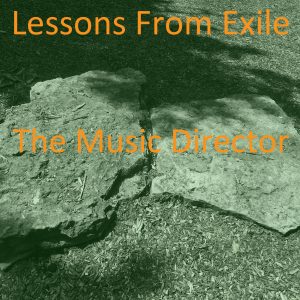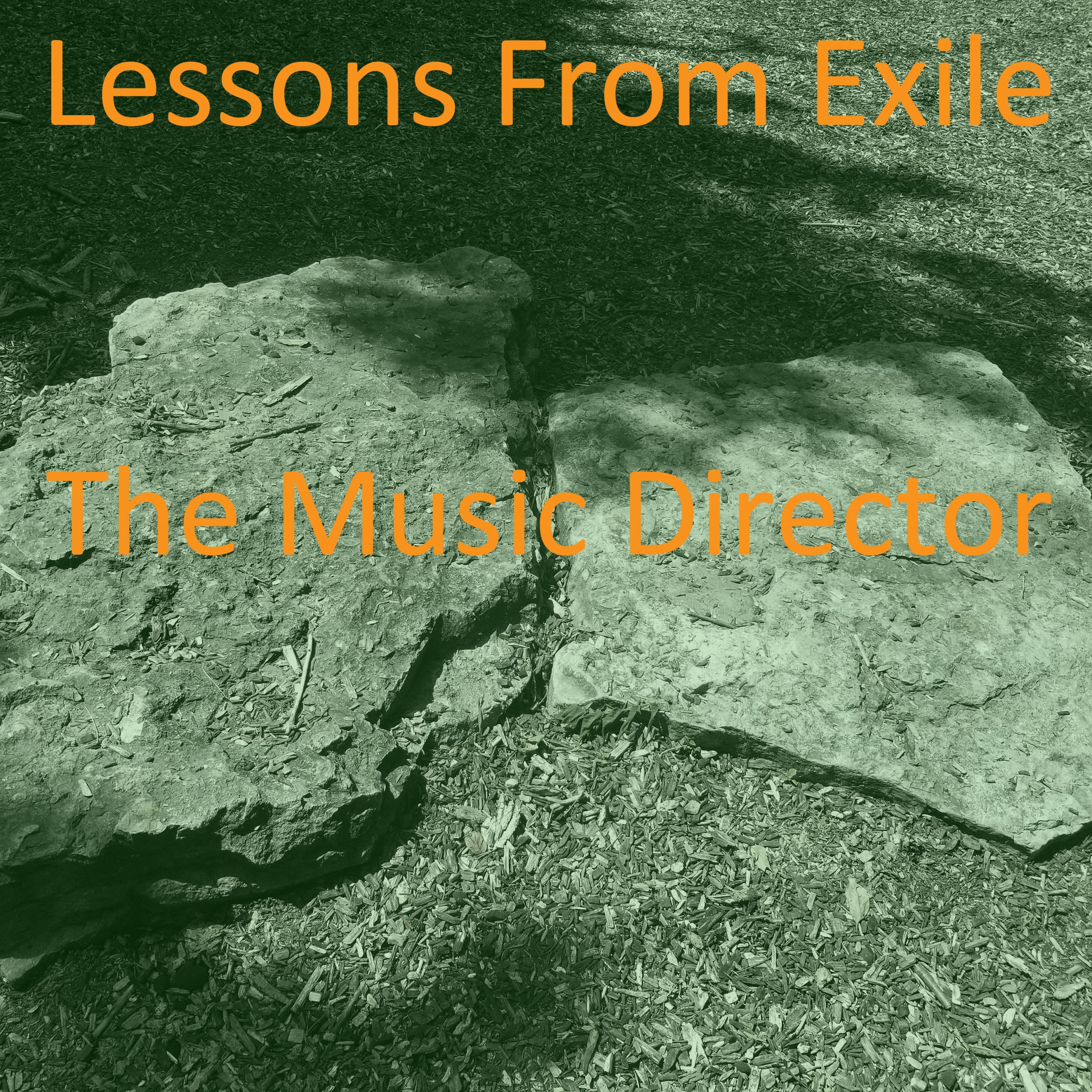Over the course of my adult life as a musician, I’ve done: musical theatre, smooth jazz, jazz combos, big band jazz, Classical recitals, concert bands, choirs, country, Black Gospel, Christian Contemporary, New Age, and Latin music.
I’ve had different roles in the groups, whether it be in the rhythm section, collaborative piano, arranging, or directing. Some of them were right up my alley. Some of them I’ve had to do some work. And on some of them, I had to do a lot of work. That’s just part of the deal when you choose to be a musician. You follow in some areas. You learn in some areas. You lead in some areas. All of that is how you learn how to direct music!
As a music director, your job is to know the parts and how they all work together. Note that this doesn’t mean that you have to do everything! (In fact, it’s better if you don’t.) Your job is to know how it all fits together and be able to communicate it.
Too many people treat their bands as an oversize karaoke machine where they press “play” and the band is just supposed to magically do whatever they want. Yes, vocalists, I’m looking at you. I’m also looking at the pastors who enable you. If you can’t direct your band, then you need to have a partner who can. Note I said partner. Not peon.
And pastors: Just because someone is able to sing doesn’t mean they know how the different parts interact. And just because someone is an instrumentalist doesn’t mean they can’t lead singers or vice versa.
And just because someone played trumpet in a marching band thirty years ago doesn’t mean they have the depth of experience or knowledge as someone with credentials who has been directing music for those same thirty years. If you aren’t the music director, you need to stay out of the way of the music director.

